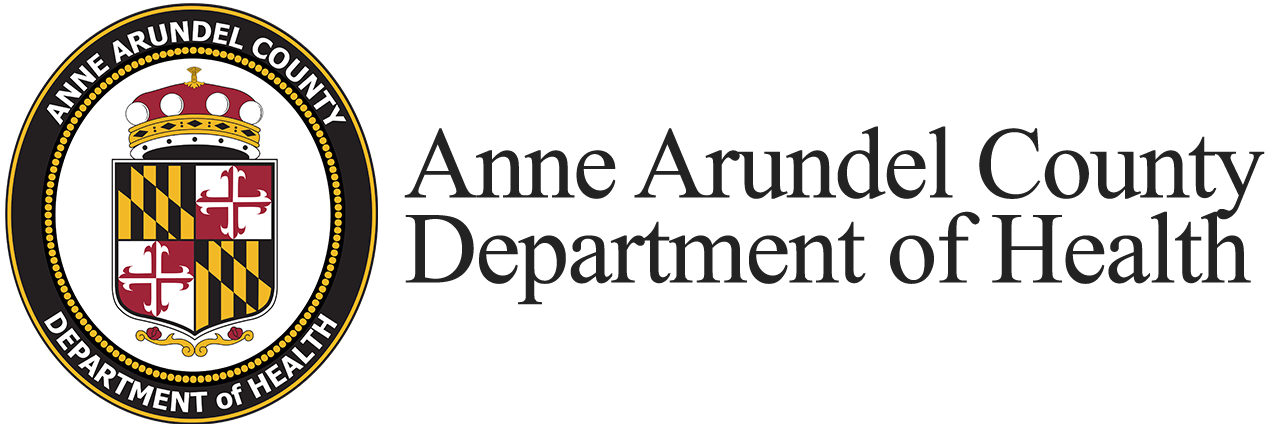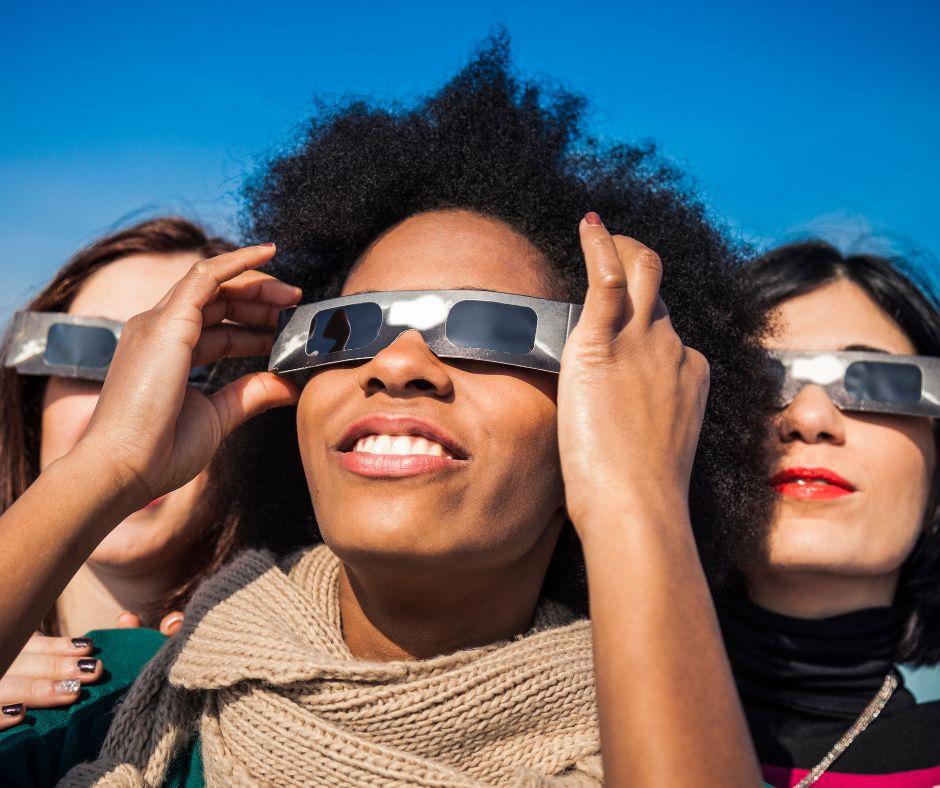On April 8, 2024, a total solar eclipse will cross North America, passing over Mexico, the United States and Canada. A total solar eclipse happens when the Moon passes between the Sun and Earth, completely blocking the face of the Sun. The sky will darken as if it were dawn or dusk. Safety is the number one priority when viewing a total solar eclipse. Be sure you're familiar with when you need to wear specialized eye protection designed for solar viewing by reviewing the following safety guidelines.
Here are some important safety guidelines to follow during a total solar eclipse:
- Use proper eye protection: Only look directly at the Sun during totality, when the Moon completely covers the Sun's bright face. Use certified solar viewing glasses or a handheld solar viewer to view the partial phases.
- Supervise children: Ensure that children use solar viewing glasses or viewers properly and are not looking at the Sun without protection.
- Inspect your glasses/viewer: Before use, check solar viewing glasses or handheld viewer for any damage. If they are scratched, torn or otherwise damaged, do not use them.
- Use indirect viewing methods: If you don't have solar viewing glasses or a viewer, use indirect viewing methods such as a pinhole projector to view the eclipse safely.
- Avoid using cameras, binoculars or telescopes without proper filters: Regular cameras, binoculars or telescopes without appropriate solar filters should not be used to view the Sun during an eclipse, as they can cause severe eye damage.
- Seek expert advice: If you plan to use a solar filter with a camera, telescope, binoculars or any other optical device, seek advice from an astronomer or expert in solar observation.
- Be aware of surroundings: During an eclipse, it may get darker, so be mindful of your surroundings to avoid tripping or other hazards.
- Follow local health guidelines: Be sure to follow any local health guidelines, especially regarding gatherings or travel, if you plan to observe the eclipse with others.
Following these guidelines will help ensure a safe and enjoyable experience during a total solar eclipse.
Skin Safety
During a partial or annular eclipse, or even during the partial phases of a total eclipse, the Sun remains very bright. If you plan to watch an entire eclipse, you may be exposed to direct sunlight for an extended period. It's important to remember to wear sunscreen, a hat, and protective clothing to prevent skin damage. More information is available at AAHealth.org/getsunsmart.

